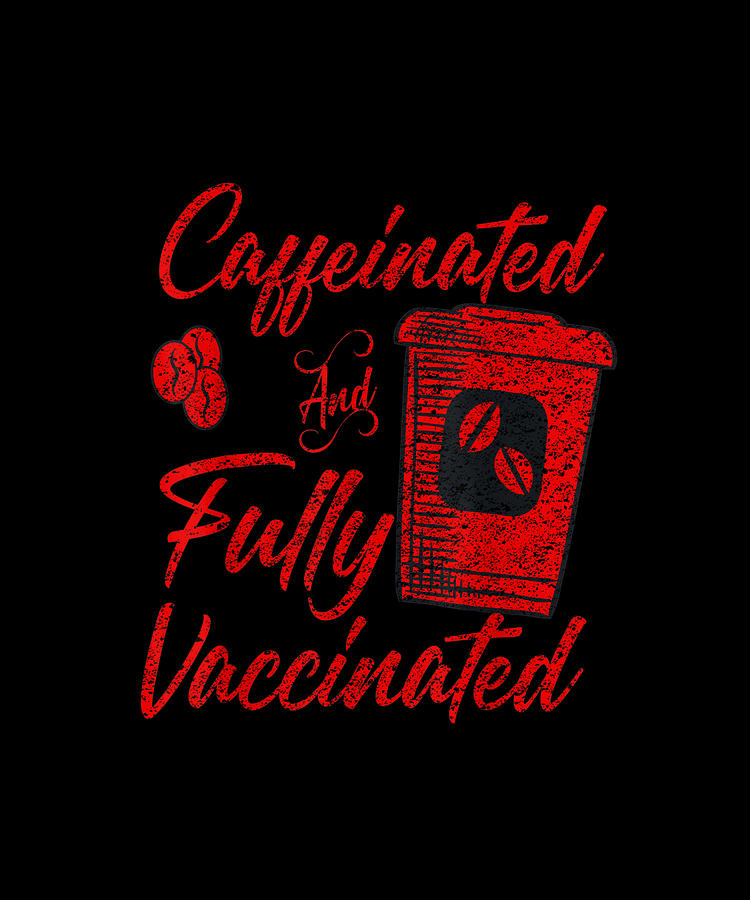
Temporary changes to your heart rate aren’t typically a cause for concern. There are other common reasons you might notice an increased heart rate, including dehydration, stress or anxiety, exercise, caffeine or new medications. While it’s normal for your heart rate to increase in response to fever or illness, some people are experiencing changes that last beyond their initial Covid infection.ĭr Robert Bell, a cardiologist at University College London Hospital (UCLH), has noticed that after recovering from Covid, many patients suffer from a fast heart rate when they exercise, and feel very fatigued afterwards. You may have noticed changes to your heart rate, including a fast or rapid heartbeat, after having Covid.

When to see your GP about heart palpitations This condition is called postural orthostatic tachycardia syndrome (PoTS). In some people with long Covid, heart palpitations may be caused by a problem with their autonomic nervous system (which controls things such as your heart rate, breathing and blood pressure). Heart palpitations are not usually a sign of a more serious health issue - they're very common, even in people who aren’t recovering from Covid. You may feel this in your chest, neck or throat.Īccording to a review of several studies involving 48,000 people with long Covid, more than one in 10 people (11%) experienced heart palpitations. This can feel like your heart is pounding, fluttering, or beating irregularly. Some people are experiencing heart palpitations after having Covid. It's important to remember that there are many different causes for these symptoms, and they may not necessarily be caused by the virus.īelow we explain when to get medical help for heart-related long Covid symptoms: Heart palpitations after Covid These symptoms can feel worrying, especially if you already have a heart condition. Some people are experiencing heart-related symptoms such as palpitations, a fast heart rate, or chest pain after having Covid. symptoms of depression such as low mood, feeling helpless, having low motivation, or not enjoying usual activities.symptoms of anxiety, such as worrying, feeling on edge or having difficulty sleeping.difficulty with motor function or speech.

not being able to think straight or focus (‘brain fog’).They include:īrain (neurological or cognitive) symptoms However, there are many other symptoms of long Covid that have been identified through research. Up to 5 March 2023, the most commonly reported long Covid symptoms were: See the latest long Covid data from the Office of National Statistics 41% had been experiencing long Covid symptoms for at least two years.69% had been experiencing long Covid symptoms for at least a year.92% had been experiencing long Covid symptoms for at least 3 months.We're still learning more about how long the illness typically lasts, and we know that this varies between people.Īs of 5 March 2023, an estimated 1.9 million people in the UK were experiencing self-reported long Covid. There have been reports of long Covid symptoms lasting from three months, up to two years or more.
#Caffeinated and vaccinated how to#
More research is being carried out to understand the symptoms of long Covid and how to best treat them. The National Institute for Health and Care Excellence (NICE), says that the term ‘long Covid’ can also include a long-lasting Covid illness – that is, Covid-19 symptoms that last for 4-12 weeks after infection. Symptoms can fluctuate or relapse over time. The World Health Organization defines long Covid as symptoms that start (usually) within three months of having Covid, last for at least two months, and can’t be explained by another condition. Long Covid is a term to describe the effects of Covid-19 that last for several weeks or months beyond the initial illness. While most people who get Covid-19 recover quickly, for some the effects of the virus can last for much longer, or new symptoms can develop. Most people with mild Covid-19 feel better within one to two weeks of noticing symptoms, and are fully recovered within three months. What is long Covid? How long do Covid symptoms last?

What does fatigue after long Covid feel like?.Are there different ‘types’ of long Covid?.We look at the symptoms of long Covid, how long it lasts, and what tests and treatments are available. Long Covid: symptoms, tests, treatment and support


 0 kommentar(er)
0 kommentar(er)
